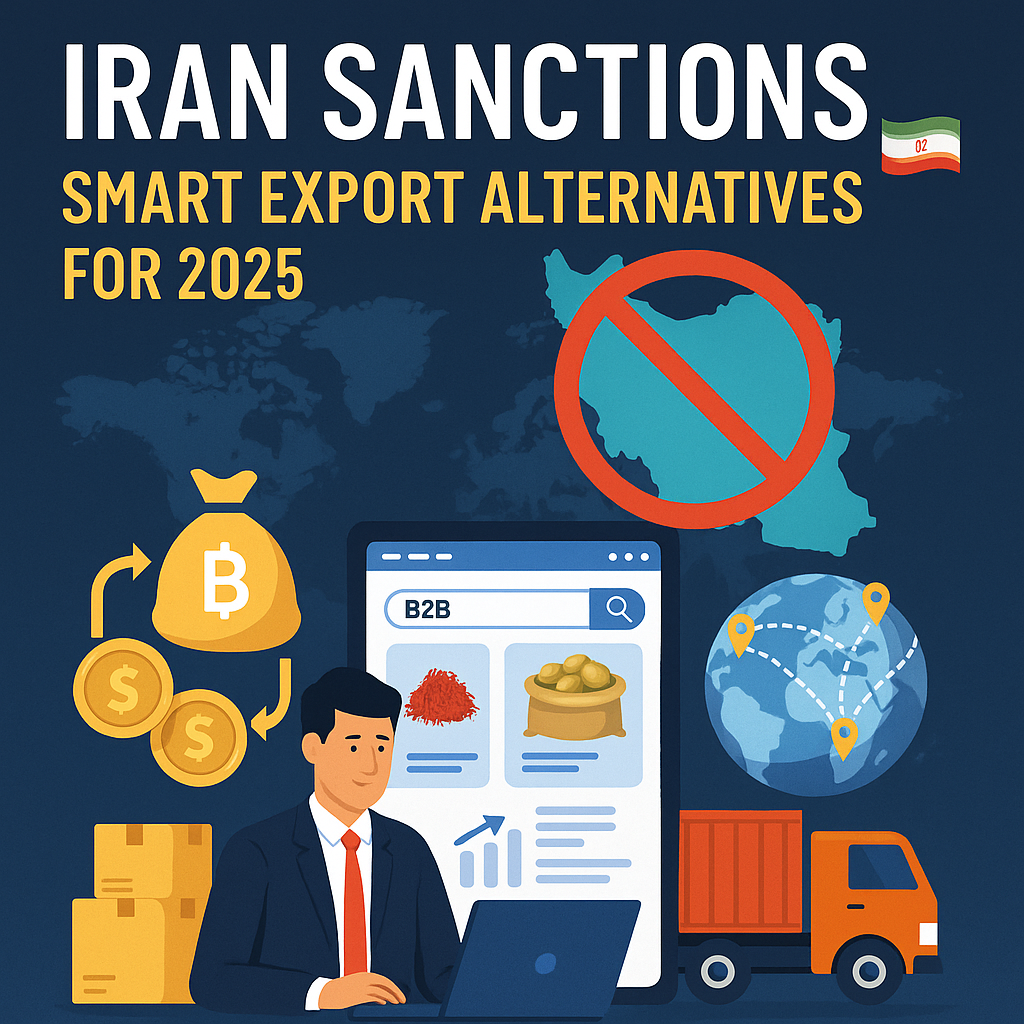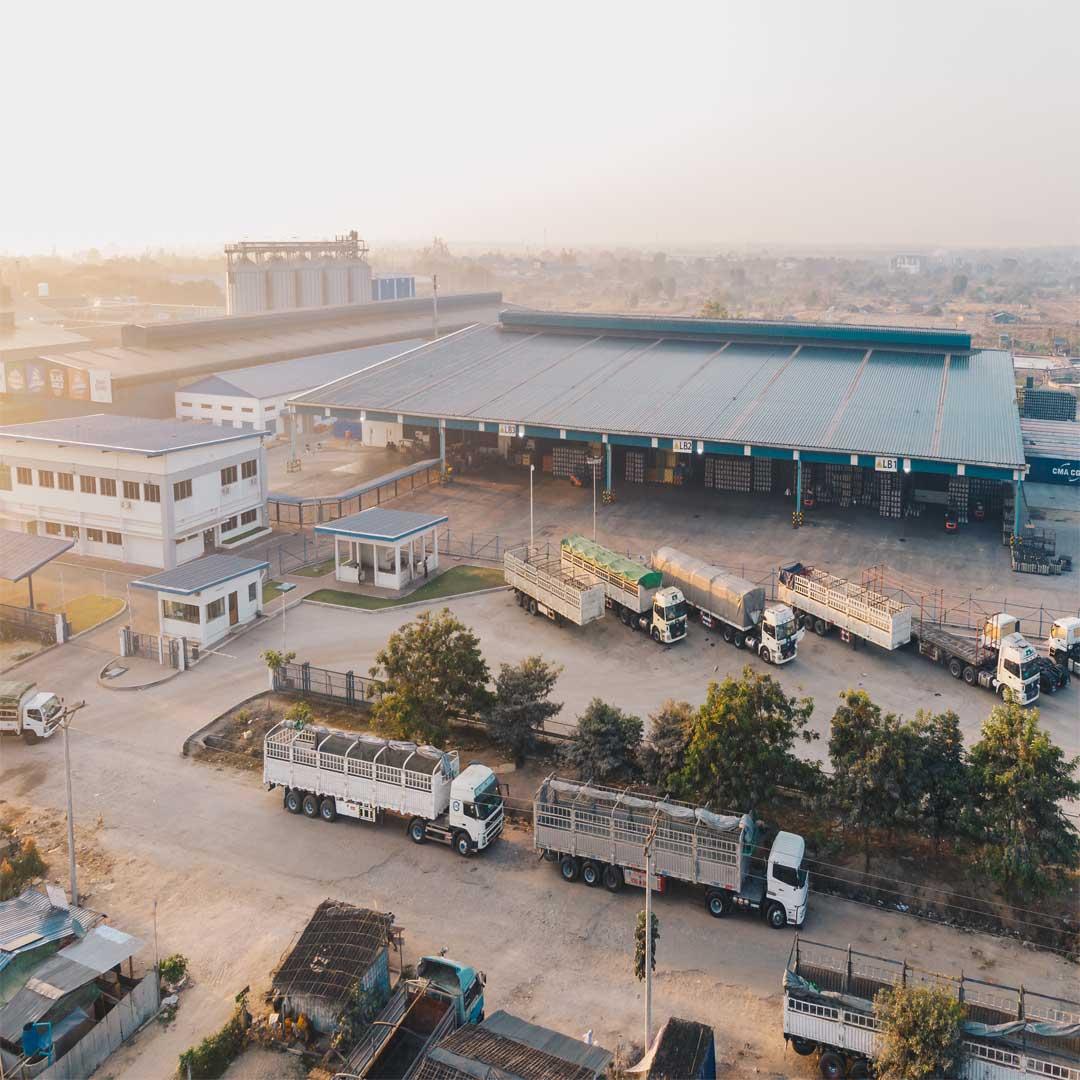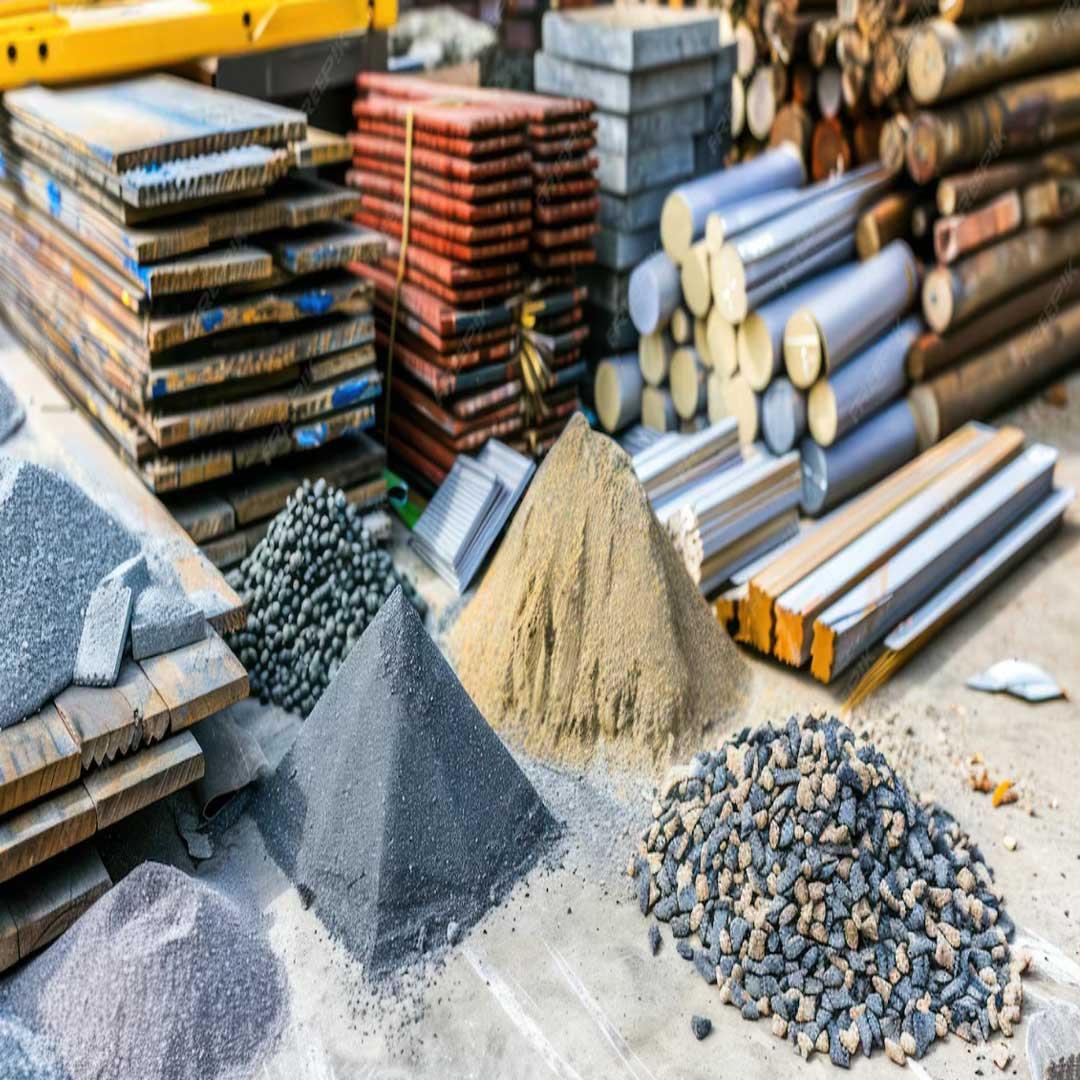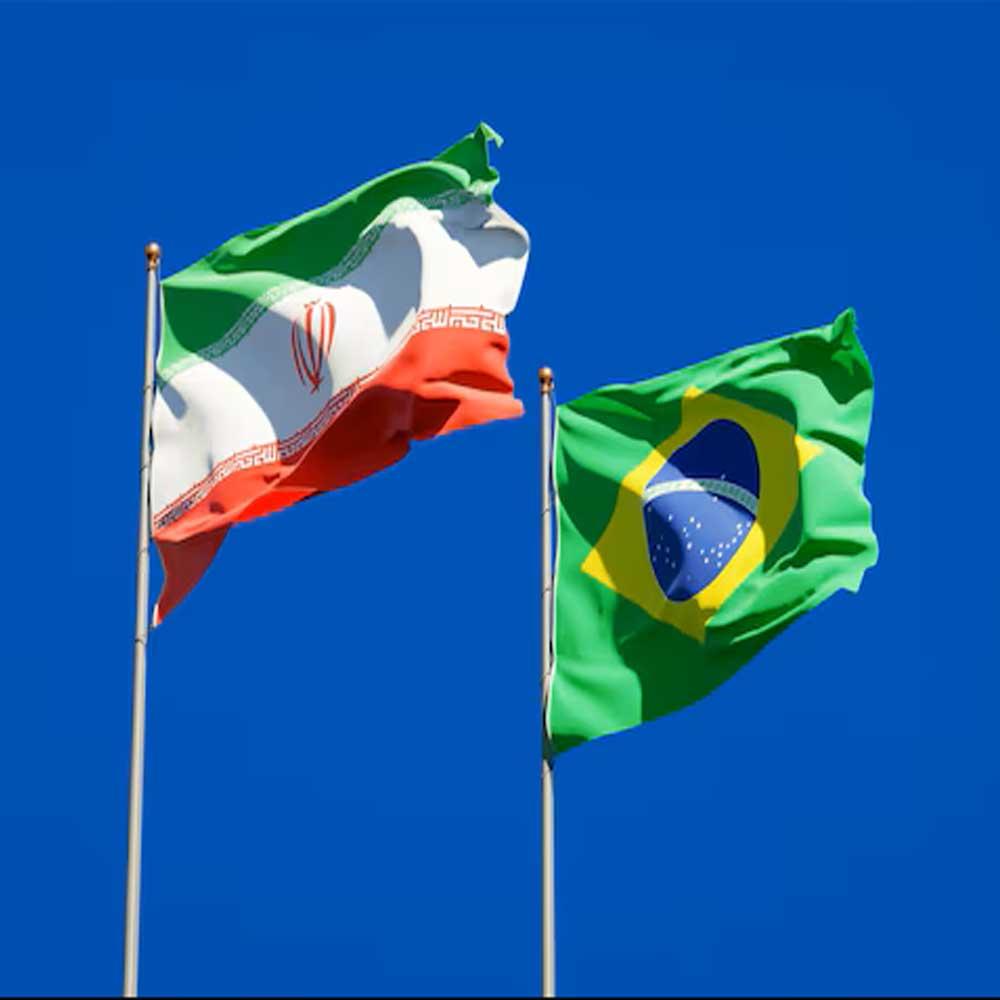Despite sanctions, Iranian exporters continue to trade smarter in 2025, exploring new export alternatives, regional rout...
Iran's Top Exports: Crude Oil, Petrochemicals & Bitumen
Iran’s Major Exports: Petroleum and Chemical Derivatives
With vast reserves of oil and gas, Iran stands as one of the leading exporters of petroleum and chemical products in the Middle East. The country exports substantial volumes of crude oil, natural gas, petrochemicals, and chemical derivatives to global markets annually. These exports play a crucial role in generating foreign currency and supporting the national economy.
Main Export Products
- Crude Oil and Gas Condensates: Especially exported to China, India, and South Korea.
- Natural Gas and LNG: Mainly exported to Turkey, Iraq, and Armenia.
- Petrochemical Products: Includes methanol, urea, ammonia, polyethylene, and benzene.
- Refined Petroleum Products: Gasoline, diesel, fuel oil, and bitumen exported across Asia and Africa.
- Basic and Industrial Chemicals: Acids, resins, detergents, raw plastics, and dyes.
Production and Export Statistics: A Closer Look
Iran, with over 150 billion barrels of proven oil reserves and 34 trillion cubic meters of natural gas, is considered an energy superpower. These resources underpin Iran’s industrial growth and trade position.
Oil and Gas Production & Export
- Oil Production: Over 3.5 million barrels per day in 2023, with 1.3–1.5 million exported daily.
- Gas Exports: Over 18 billion cubic meters exported in 2023, mainly to Turkey and Iraq.
Petrochemical Industry Growth
- Production Capacity: 92 million tons in 2023, aiming for 150 million by 2027.
- Export Revenue: $27 billion in 2023/2024, accounting for over 30% of non-oil exports.
- Export Markets: China, India, Turkey, UAE, Afghanistan, and African countries.
Export of Petroleum Derivatives
- Bitumen: Over 5 million tons exported in 2023, ranking Iran in the top 3 globally.
- Other Products: Includes gasoline, diesel, kerosene, fuel oil to the region, CIS, and Africa.
- Basic Chemicals: Methanol, ammonia, urea, acids with major markets in Asia.
Iran’s Key Trade Partners in Petroleum and Chemical Exports
Iran earns billions of dollars annually through exports of petroleum derivatives and petrochemical products.
Major Partners
- China: A strategic importer of crude oil, methanol, and urea.
- India: Imports urea and methanol, often via UAE or Oman.
- UAE: A consumer and re-export hub via Dubai and Fujairah ports.
- Turkey: A steady buyer of bitumen, sulfur, and polymers.
- Iraq: Imports fuel, LPG, and bitumen for energy needs.
- Central Asia & East Africa: Includes Afghanistan, Turkmenistan, Kenya, and Tanzania for construction and infrastructure uses.
Role of Abrisham Road B2B Platform in Iran’s Export Growth
Iran’s First Specialized B2B Export Platform
The Abrisham Road International Platform is the first comprehensive B2B portal for petroleum and chemical exports in Iran, supporting digital, transparent, and direct trade.
Key Export Services Offered
- Bitumen (various grades)
- Urea, ammonia, methanol
- Polyethylene, polypropylene, and other polymers
- Fuel oil, LPG, industrial fuels
- Basic and industrial chemicals
Advantages of the Platform
- Direct access to verified producers
- Negotiable pricing in large volumes
- Multilingual export support
- Strong presence in global markets
- Smart logistics, customs, and document handling
Future of Iran’s B2B Export Infrastructure
As global trade becomes more digital, platforms like Abrisham Road are central to Iran’s non-oil export strategy, offering transparency, efficiency, and international connectivity.
Conclusion
With vast natural resources, Iran is a leading exporter of petroleum, petrochemicals, and chemicals. These sectors form a major part of the national economy and export revenue.
Markets like China, India, Turkey, Iraq, and the UAE are key destinations. Meanwhile, the Abrisham Road platform offers a modern solution to boost Iran’s export competitiveness and global integration.




